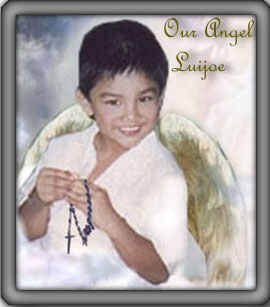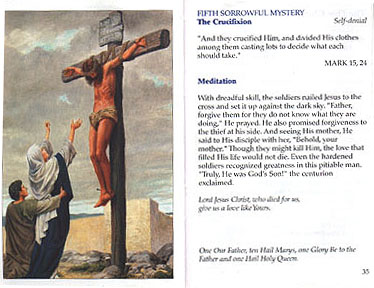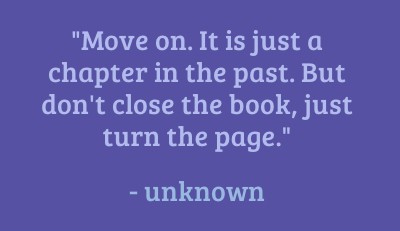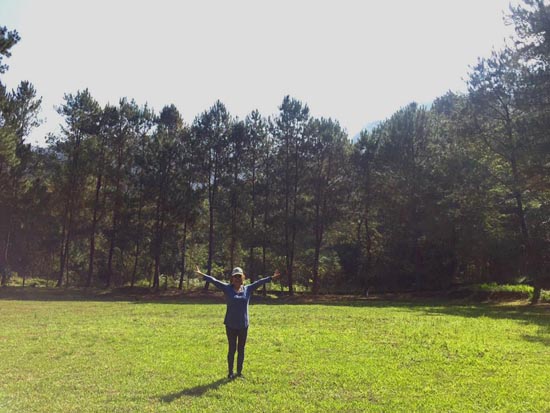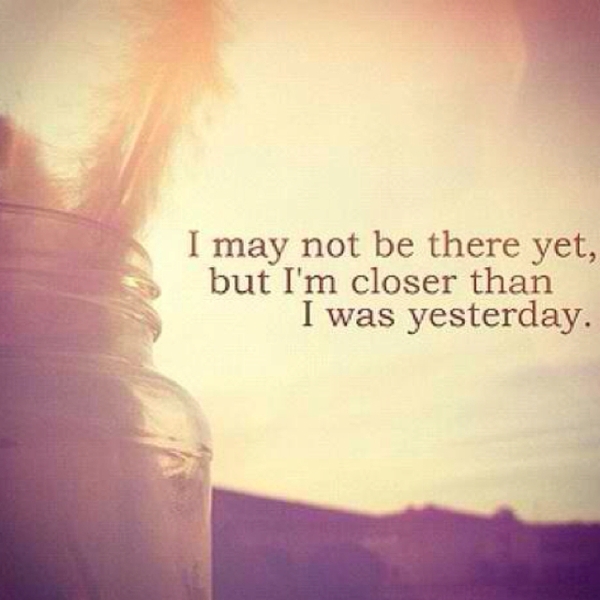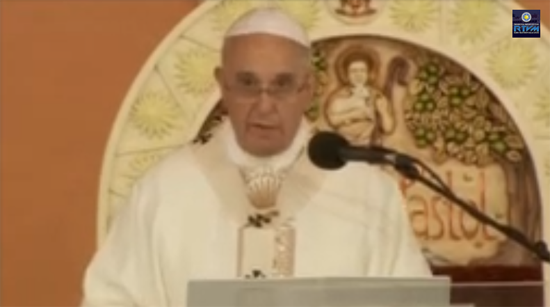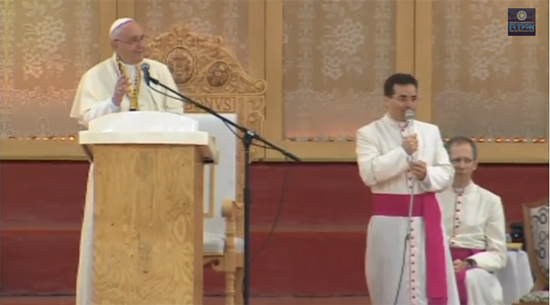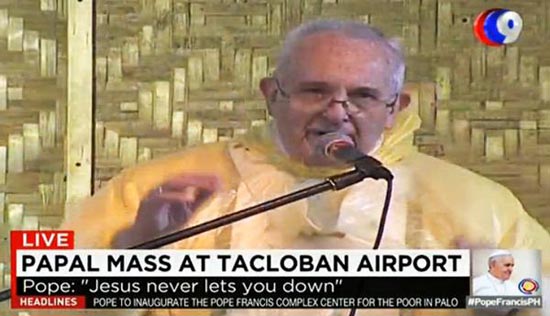Easter Sunday reminds me of my beloved son’s thoughts of eternal life
I wrote this many years ago but I want to share this story again because Easter Sunday is very special. “If I die, Mama, will… Read More »Easter Sunday reminds me of my beloved son’s thoughts of eternal life
